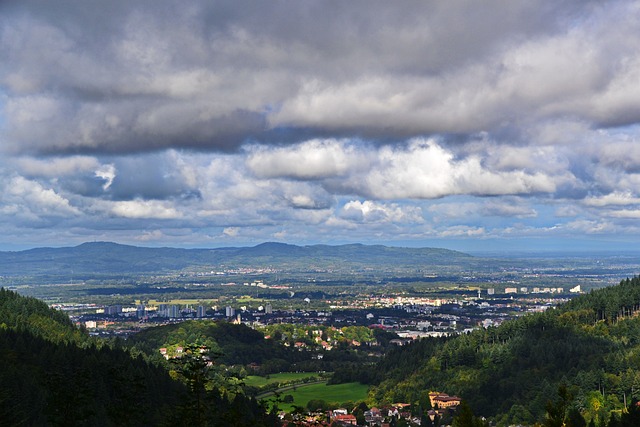pragmatic free play 🎱 Unlocking Creativity: The Magic of Pragmatic Free Play

Unlocking Creativity: The Magic of Pragmatic Free Play
In an age where structured activities dominate our children's lives, the concept of pragmatic free play is emerging as a beacon of hope, promising to enhance creativity, problem-solving skills, and emotional resilience. Imagine a world where children can roam free, build castles in the sand, invent wild games, and let their imaginations run wild without the constraints of organized schedules. Sounds liberating, right? Well, that’s exactly what pragmatic free play is all about!
Pragmatic free play is not just another buzzword in the parenting lexicon; it’s a refreshing approach that emphasizes the importance of unstructured play in a child's development. You might be wondering, what exactly does "pragmatic" mean in this context? It’s all about being practical and grounded. This form of play encourages children to engage with their environment and make decisions based on their immediate surroundings, fostering a sense of independence and critical thinking.pragmatic free play

Research has shown that free play is vital for cognitive and social development. When children are allowed to explore and interact with the world around them on their own terms, they learn valuable skills that are not easily taught in a classroom setting. Think about it: when kids create their own games, negotiate rules, or resolve conflicts with peers, they’re not just having fun; they’re mastering the art of cooperation and communication.
The beauty of pragmatic free play lies in its simplicity. It’s about giving children the freedom to experiment without the pressure of adult expectations. Whether it’s climbing a tree, digging in the dirt, or simply lying in the grass and watching clouds, every moment of unstructured play presents an opportunity for discovery. Children learn to assess risks, navigate challenges, and make choices—all essential skills for navigating life.
Moreover, this type of play nurtures creativity in ways that structured activities simply can’t replicate. When children are given the space to imagine and invent, they tap into their innate creativity. They become storytellers, architects, and artists, all within their own make-believe worlds. You see, when there's no right or wrong way to play, the possibilities are endless! pragmatic free play
But here’s the kicker: pragmatic free play doesn’t just benefit children; it’s a win-win for parents too! It allows caregivers to step back and let their kids take the lead, which can be incredibly fulfilling. Parents can observe their children in action, witnessing firsthand the joy of creativity and problem-solving. Plus, it provides a much-needed break from the hustle and bustle of daily life, allowing everyone to unwind and enjoy the present moment.
However, in our increasingly structured society, free play is often sidelined. Many parents feel the pressure to enroll their children in every extracurricular activity available, believing that organized sports or lessons are the only way to ensure success. Yet, this can lead to burnout—not just for the kids, but for parents too! The key is to strike a balance. Incorporating pragmatic free play into the daily routine can provide a much-needed counterbalance to the rigors of structured activities.pragmatic free play

So, how can parents encourage pragmatic free play? It’s easier than you might think! Start by creating an environment that promotes exploration and creativity. This could be as simple as providing a variety of materials for open-ended play, such as blocks, art supplies, or natural items like sticks and stones. Encourage outdoor play, which is essential for physical and mental well-being. Parks, backyards, and even living rooms can become magical playgrounds where the only limit is a child’s imagination.
Additionally, resist the urge to intervene too quickly. Allow children to navigate their own challenges and conflicts. This not only fosters independence but also builds resilience. Trust that they have the skills to find solutions, and celebrate their victories, big or small.pragmatic free play
Let’s not forget the powerful role of community in supporting pragmatic free play. Families can come together to create playdates that focus on exploration rather than structured activities. Neighborhoods can organize events where children can play freely, promoting social interaction among kids and parents alike. pragmatic free play
As we embrace the magic of pragmatic free play, we are giving our children the gift of imagination, creativity, and resilience. In a world that often prioritizes achievement and structure, it’s time to reclaim the importance of unstructured play. So, let’s cheer on our little adventurers as they explore the world around them—because every moment of free play is a step toward their bright, imaginative futures!pragmatic free play
Fale conosco. Envie dúvidas, críticas ou sugestões para a nossa equipe através dos contatos abaixo:
Telefone: 0086-10-8805-0795
Email: portuguese@9099.com


